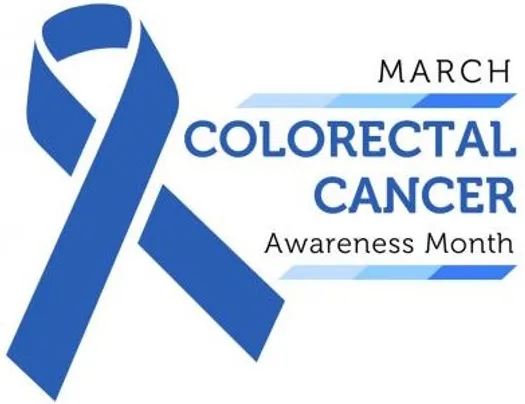
March is Colorectal Cancer Awareness Month
If you have no personal or family history of colorectal cancer, polyps or inflammatory bowel disease, the recommended screening age is 50 or older.
Colonoscopy – The Gold Standard!
- The only test that can truly PREVENT colon cancer by removing polyps before they become cancerous
- Recommended every 10 years unless cancerous or pre-cancerous polyps are discovered
Stool DNA Test
- This is a DNA probe in combination with FIT test
- No special diet or bowel preparation is required for this test, however if it does come back positive, a colonoscopy is needed to confirm and possibly remove any polyps – this is usually an out of pocket expense and not covered by insurance
- Recommended for those who are at average risk for colorectal cancer or have no history of pre-cancerous polyps or colorectal cancer
- Not FDA approved for high- risk patients
Fecal Immunochemical Test (FIT)
- These take home kits are used to find small amounts of blood in the stool that could be a sign of cancer or large polyps
- In the result of a positive test, a follow- up colonoscopy is necesssary, but now considered diagnostic and not covered as a screening benefit
- Recommended every year as long as results are negative
- Significant false positive and false negative results – less accurate
CT Colonography
- Also called a virtual colonoscopy, this is a scan of the colon and rectum that produces cross-sectional images to search for polyps or cancer by pumping air into the rectum and colon
- This screening option requires a bowel prep, but no sedation
- Significant radiation exposure
- If something suspicious is found, a follow-up colonoscopy will be needed, which will now be considered diagnostic and not covered as a screening benefit
